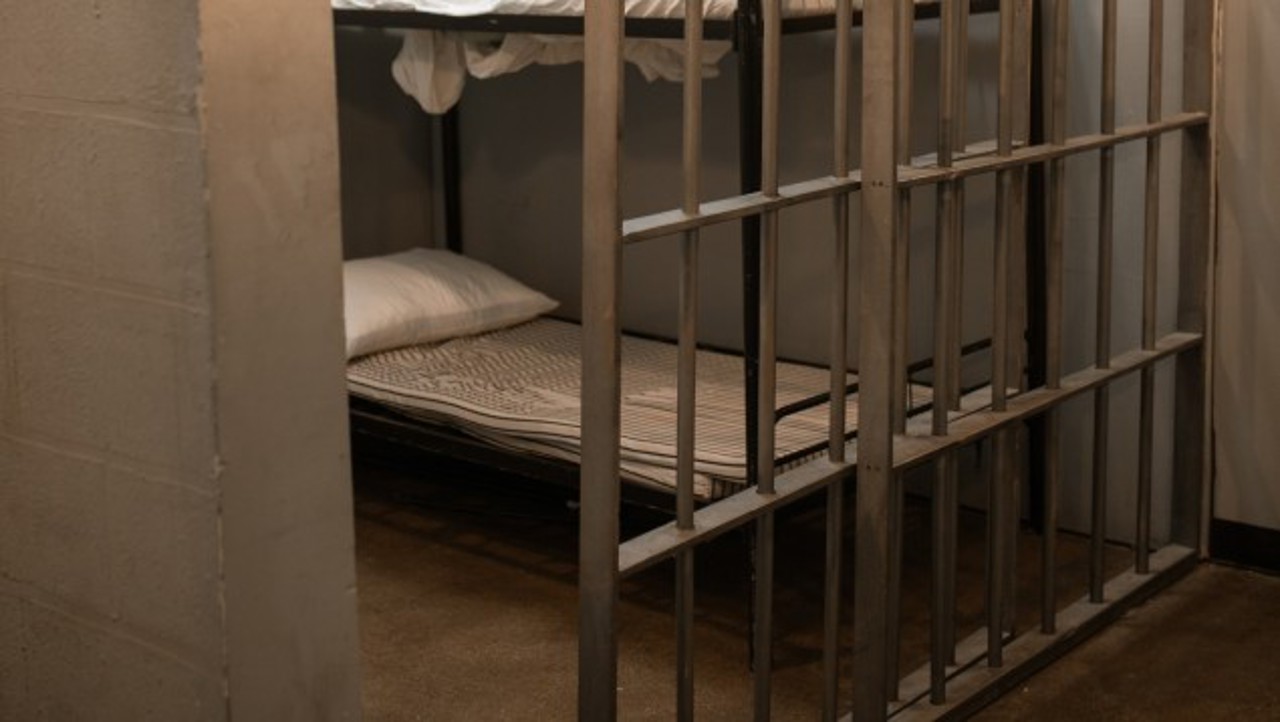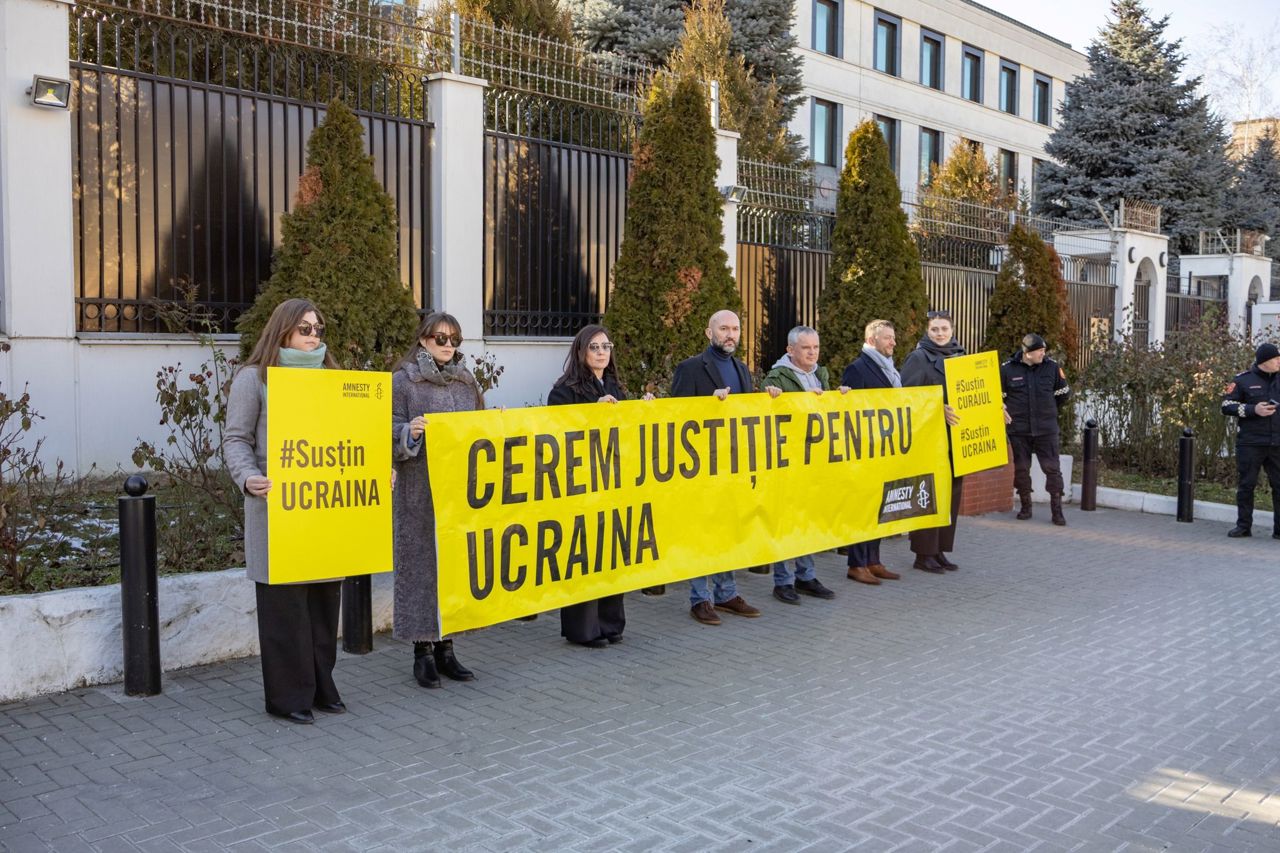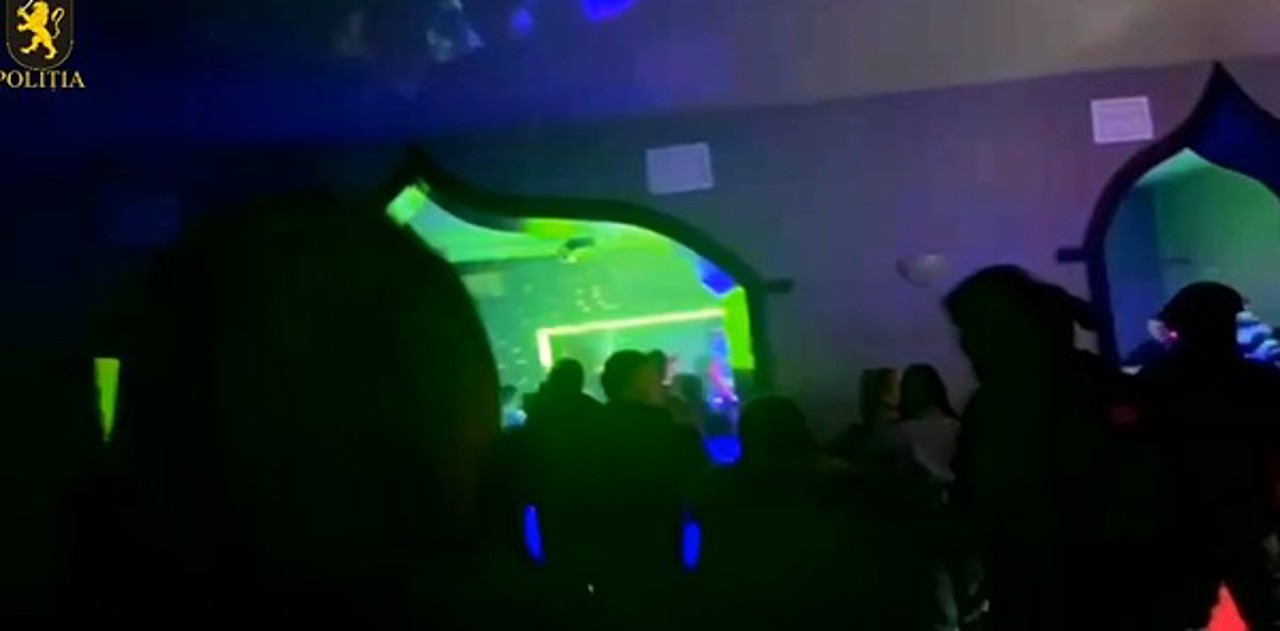Moldova probes Sinigur's controversial prison release

Chișinău authorities have launched an investigation into the circumstances of Alexandru Sinigur's release from detention, who was sentenced 19 years ago to life imprisonment for committing multiple grave and exceptionally serious crimes in Moldova and Ukraine.
Prime Minister Dorin Recean stated that the investigation would determine whether the release of the criminal group leader was possible due to "legislative loopholes or abuses," and authorities would provide further details later.
Alexandru Sinigur, known as "Синий" (Siniy), was sentenced to life imprisonment in 2006 after being extradited from Russia. He was accused of creating and leading a criminal organization, banditry, hostage-taking, attempted and aggravated premeditated murder, extortion, and unlawful deprivation of liberty.
In February 2024, his life sentence was commuted to a 30-year prison term. On March 27, the Orhei Court, Rezina branch, granted Alexandru Sinigur's lawyer's request and ordered his "early conditional release."
The National Penitentiary Administration (ANP) stated that the release resulted from a request by the convict's lawyers, who cited inhumane and degrading conditions at Rezina Penitentiary. Based on these arguments, the court ordered his conditional release last week, right from the courtroom. ANP announced that it has appealed the first instance decision to the North Court of Appeal.
"Sinigur's 30-year prison sentence was based on his good behavior in prison. He had no disciplinary actions against him. We were obliged to process the amnesty request, not the release itself. Sinigur's lawyers filed a request in court, but the court ignored the penitentiary's presentation that he had not completed all programs and had not taken all measures. He was supposed to be released in 2045, but they released him from the courtroom. We are obliged to execute the judge's ruling," said ANP head Anatolie Falcă during the Hearing of the Torture Prevention Council Report.
The State Secretary of the Ministry of Justice, Ruslan Lungu, confirmed that the penitentiary did not support this request and opposed the early release.
"Penitentiary staff filed an appeal the same day, challenging the ruling at the North Court of Appeal. Currently, the ruling is at the North Court of Appeal, which is due to issue a decision. The penitentiary institution did not agree initially or subsequently with this court ruling," Lungu stated.
Public information has emerged suggesting that the release was based on the amnesty law passed by PAS deputies in 2022. When asked about the Sinigur case, Deputy Speaker of Parliament Doina Gherman stated that additional information would be provided during the April 4 legislative session: "We are thoroughly reviewing the matter and will provide an informed response to prevent public speculation."
PAS deputy Olesea Stamate, who co-authored the amnesty law, publicly rejected the accusations circulating in the public space. According to her, Alexandru Sinigur's release is not related to the amnesty law but to a mechanism provided in the Criminal Code since 2002.
"
The possibility of reviewing the sentence and early conditional release of life prisoners has been provided by the Criminal Code since its adoption in 2002 (art. 91 para (5)). This mechanism is part of European standards in the field. There are several ECHR decisions obliging member states to ensure a possibility of sentence review for life prisoners. This mechanism was applied in both Sinigur's and Radulov's cases (a life-sentenced mobster). It is not about the amnesty law. Lawyers should consult the judge's rulings," wrote the PAS deputy in a Facebook post.
In Moldova, 140 people are serving life sentences, according to data published last year by the Ministry of Justice. Although the law allows for their conditional release, only four inmates have been released so far.
Translation by Iurie Tataru






